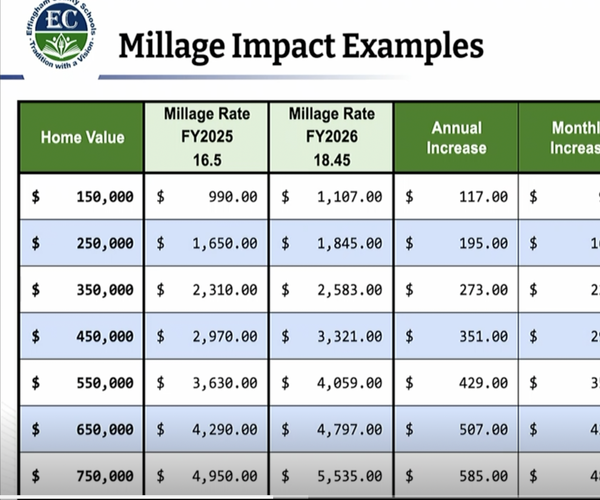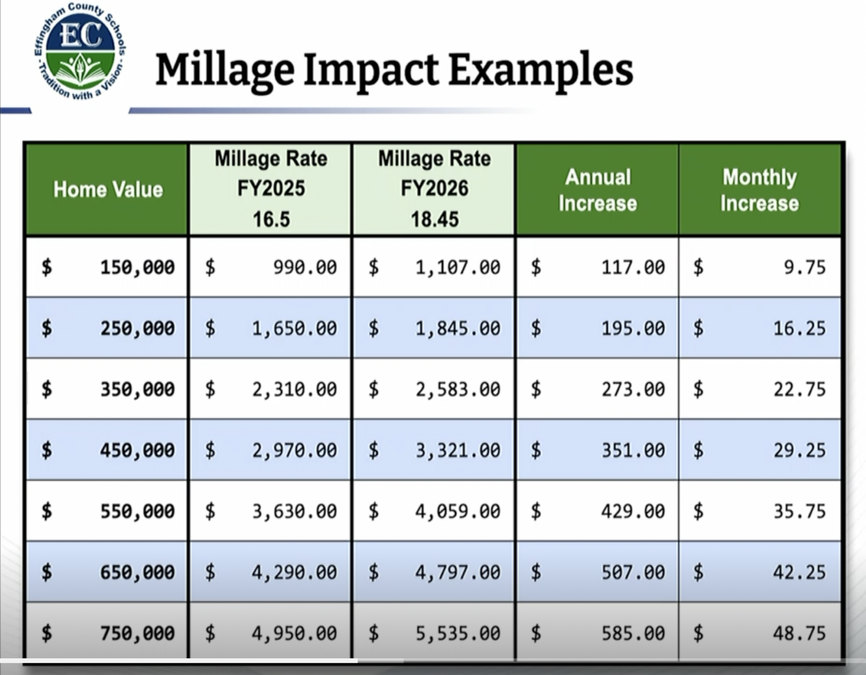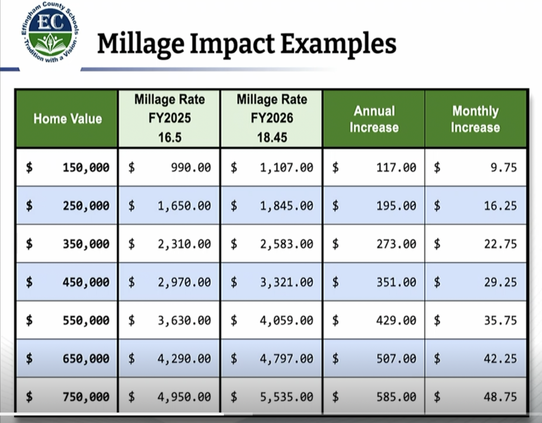The mother of an Effingham County child badly injured in a pit bull attack last year said Tuesday afternoon the dog meant to kill her son.
Melissa Frye, mother of Wesley Frye, told Superior Court Judge William Woodrum that her son still faces surgeries as he gets older and he remains afraid of dogs following last year’s incident. Woodrum held a hearing Tuesday afternoon on Kno, the pit bull that attacked young Frye on July 24, 2012, to determine whether it will be put down or sent to an out-of-state animal refuge.
“The dog had an agenda to attack three times,” she said. “He was out to kill Wesley. It’s agenda was to kill Wesley.”
Frye’s two sons spent the night at a neighbor’s house, and when Wesley went to get cereal in the morning, Kno attacked him. Kno twice wrested free from the grasp of Julie Long, his owner, and continued to attack Wesley, then 5 years old.
The dog bit completely through Wesley’s chin and cheek, his mother said, and three main facial nerves were damaged. One was ripped out entirely, another was severed and the third was stretched, she told Judge Woodrum.
Judge Woodrum said he will render his decision in 10 days and also said he may to go the shelter to see the dog.
When Wesley was taken out of harm’s way by his 10-year-old brother, one of his eyelids was hanging down and both his ears had to be stitched back. Her other son ran to their home to get her and when she saw Wesley, “I honestly thought he was gone,” his mother said.
Wesley was taken by LifeStar to Memorial Health University Medical Center and underwent two surgeries immediately, his mother recounted. The surgeries lasted eight hours, and those are just the first of more operations he eventually will have.
Melissa Frye said the doctors have talked about nerve replacement surgery down the road, “but they don’t know if it will work or not,” she said. “A lot of these surgeries are going to have to be repeated during puberty, and he’ll have scars on his face the rest of his life. He’s been through so much trauma, the surgeons don’t want to put him back through it.”
Wesley also will have paralysis on the right side of his face for the rest of his life, she told the court.
“He could not feed himself. He could not walk, he could not talk,” Melissa Frye said of her son’s condition once he was released from the hospital. “It was like re-teaching a newborn baby how to walk and how to talk.”
Wesley had to be fed with a bottle for eight days before his family was able to serve him soft food, such as mashed potatoes.
“He can’t open his mouth wide enough to eat a cheeseburger,” Melissa Frye said. “He’s frustrated — he’s a 6-year-old who can’t eat a cheeseburger.”
The damage goes beyond the scars and operations, his mother explained.
“If he sees a poodle or a Chihuahua or a big dog, in the state of California they can hear him screaming,” she said. “He has nightmares. My 10-year-old son who witnessed it still has nightmares. My family struggles with this every day.”
Wesley is in speech therapy and takes speech classes at school.
Elizabeth Pavlis, the county assistant attorney, said the county still wants to euthanize the dog.
“Given the severity of the injuries, this dog is dangerous,” she said. “It should not be adopted out to anybody.”
Mickey Kicklighter, the court-appointed attorney for the dog, said he has someone willing to pay for the dog’s travel to a New York state animal refuge. The refuge’s owner, Liz Keller, has agreed to take Kno and to submit to the court’s jurisdiction. The dog will not be up for adoption again, if it goes to New York, and will not be permitted around children, Kicklighter said.
But Melissa Frye countered that chain-link fences don’t always keep dogs in and keep cats out.
Kno has been kept at the Effingham County animal shelter, and the cost to keep the dog there is approaching $2,000. Kicklighter said no payment plan has been worked out for Kno’s stay at the shelter.
“The costs have been significant to keep the dog,” Pavlis said. “The county would like to see the dog euthanized, for the safety of children and for the safety of the other animals at the shelter.”
The dog’s owners, Larry and Julie Long, have waived their rights to the dog.
Melissa Frye said Wesley went to pat the dog on its back, “just as he would as if he was passing by a couch,” and the dog turned and attacked. Julie Long got Kno off Wesley, but Kno got away and went after Wesley again.
The Longs and Fryes live across the street from each other, and the dog had not been known to be aggressive before. Kicklighter said a statement from Julie Long pointed out the dog had a sore on its back and the children were advised not to touch the sore. He also said Long warned the children not to yell in the dog’s face.
Kicklighter said the Fryes originally did not want the dog euthanized when he asked them about it, but Melissa Frye said those questions came just after Wesley came home from the hospital.
“We’re $500,000 in debt right now,” she said.
Kicklighter said the Fryes’ original stipulations were the dog could not be adopted out, could not be around children ever again and should be studied to figure out why dog attacks happen.
“My son asks me every day, ‘Is Kno still alive?’” Melissa Frye said. “He says, ‘I don’t want him to hurt anybody else like he hurt me.’”
Kicklighter also questioned what are seen as flaws in the dangerous dog law, in that it doesn’t set up a procedure or a standard of review for such cases.
“I appreciate the Legislature trying to clear up the muddled dog laws,” he said, adding the previous statutes were “a disaster.” But the new law also needs revision.
He also praised the Fryes for how they’ve handled the ordeal in the last year.
“I can’t tell the court just how polite and gracious they have been,” he said. “I can’t imagine if this was my child. I’d probably want to shoot the dog myself.”










